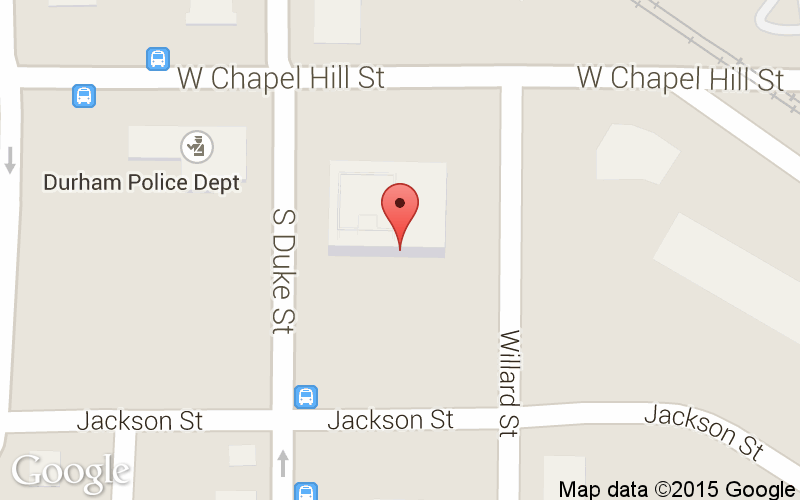FAQ

Family Connects Fact Sheet
What is Family Connects?
Family Connects (FC) is a community-wide nurse home visiting program for parents of newborns residing in a given geographic area. It is based on the Durham Connects model piloted in Durham County, NC. Visits are typically scheduled a few weeks after birth. Parents receive 1-3 home visits plus follow up by a registered nurse. The mission is to support parents and act as a gateway to community resources.
Where is Family Connects?
The Family Connects home office is located at the Center for Child & Family Health, a non-profit child trauma prevention and treatment center located in Durham, NC. It is also home to the Durham Connects pilot program.
How was the Family Connects model developed?
Family Connects was piloted in Durham, NC as the Durham Connects program in 2008 in collaboration with the Center for Child & Family Health, Durham County Health Department, The Center for Child and Family Policy at Duke University, Durham County Division of Social Services. It was primarily funded by The Duke Endowment and Durham County Government.
Replication of the program into 4 rural NC counties commenced in 2014 as part of the the NC Race to the Top Early Learning Challenge Grant in conjunction with the NC Division of Public Health, NC Division of Child Development and Early Education, NC Early Childhood Advisory Council, National Implementation Research Network, Center for Child & Family Health and Duke University.

How will Family Connects fit into other communities?
The primary goal of Family Connects is to integrate with existing services to complement that which is already being done. FC can reinforce local support systems for parents and offer another way to engage families at a critical juncture in a family’s growth.
Who are typical partners in the program?
Partners may include local non profits, health departments, hospital systems, state-wide early childhood, education or health systems, physician groups and/or universities.
What kinds of community issues do the home visitors address?
Family Connects addresses all areas contributing to child and family well-being using an evidence-based protocol. Challenges in these areas often cause family instability. Nurses regularly address maternal and infant health concerns, housing issues, breastfeeding, depression and mental health needs, substance use, domestic violence and relationship issues, child care access, parenting education, family planning, financial concerns, social support and more.
What is unique about Family Connects?
Family Connects is the only evidence-based program that supports all families at the time of birth regardless of income, status or number of children. All families are treated equally and with respect. Parents determine their own priorities. Nurses are experts in local community resources and can support and connect them to make parenting a smooth process. Family Connects is like the region’s welcome committee for its newest residents.
Why is the program universal/community-wide? Shouldn’t we focus on high needs families?
1. With universal reach there is no stigma attached to receiving services.
2. “Universal” may apply to a region, an entire city, or a defined neighborhood—that is, it refers to all births in the catchment area; and the catchment area may be targeted by high crime, poverty, or other factors desired by the local program. That is, “universal” implementation can be defined flexibly based on community resources and priorities.
3. All families with a newborn are vulnerable; targeting demographic risk does not address all families with vulnerabilities and needs.
4. Data from the Durham Connects pilot shows that 94% of parents need support in at least one area after the birth of a new child. This data shows that targeting families by income or needs alone is not sufficient to support an entire community.

What are program evaluation outcomes?
Read about our evaluation results and publications on our Results page. In a randomized controlled trial, an independent group interviewed 549 families (269 eligible for Durham Connects, 280 control) to determine child and family outcomes for babies at 6 months of age. The study found that Durham Connects eligible families had:
A. 14% more community connections
B. More observed positive parenting behaviors
C. Higher quality child care usage
D. Less clinical anxiety
E. A safer home environment rating
F. Eligible families has 18% fewer emergency room visits and 80% fewer overnights in the hospital than did control families.

What is Family Connects’ Cost-Benefit Ratio?
If results from the Durham pilot hold true, for every dollar invested, the community saves at least $3.02. This is calculated using cost-per-visit versus the cost of average infant ER and hospital stays.
